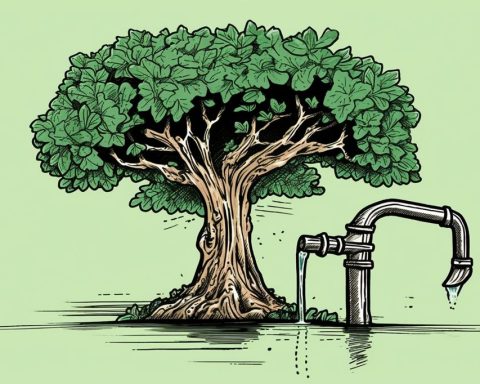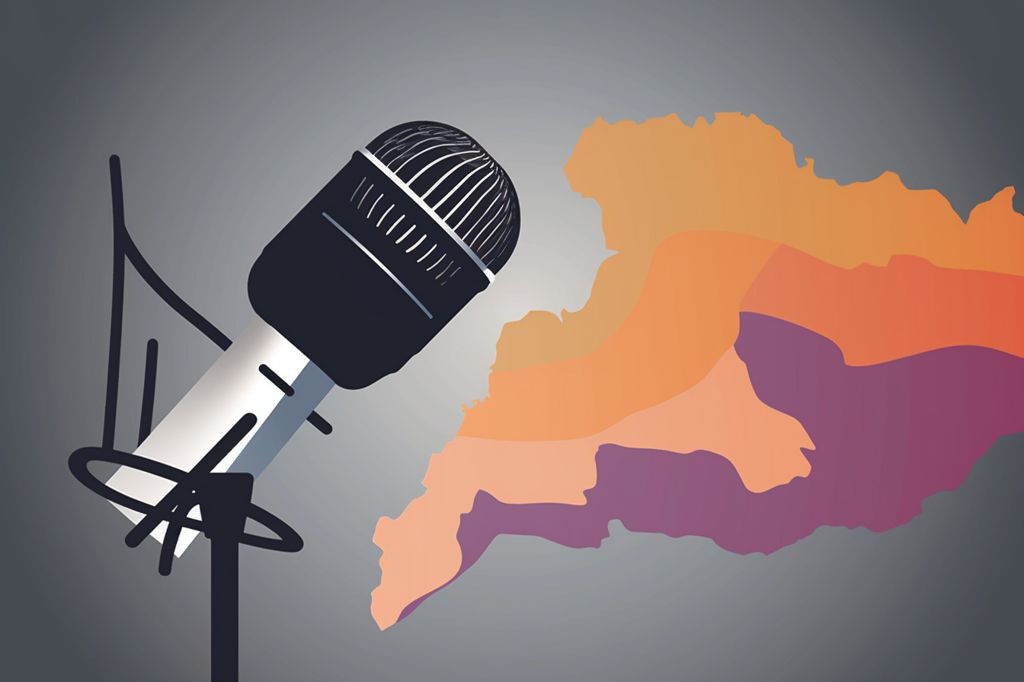The Department of Water and Sanitation has recently released the Revision of the Regulations Regarding the Procedural Requirements for Water Use Licence Applications. These Regulations aim to provide clarity on the process of obtaining and renewing water use licenses in South Africa.
Concerns Raised by Stakeholders
Various stakeholders, particularly those in the agricultural and forestry sectors, have raised concerns about the impact of these Regulations on their industries. To address these concerns, the Department has engaged with major stakeholders like Agri-SA to provide clarity on the transformation requirement categories.
Clarifications on Transformation Requirements
The transformation requirements categories will only apply to applications for new water use licenses, not renewals of existing licenses or water use applications arising from compulsory licensing. Compulsory licensing refers to the re-licensing process of water use allocations made before the National Water Act came into effect.
Public Submission of Comments
The Department has invited the public to submit written comments on the proposed Regulations within a 60-day period. They are willing to consider suggestions for amendments to the draft Regulations and encourage organizations like Agri-SA to make written submissions concerning any proposed changes.
Ongoing Stakeholder Engagement
The Department plans to meet with other stakeholders in the irrigation and forestry sectors, including NAFU-SA, AFASA, and Forestry SA, as part of their ongoing stakeholder engagement process related to the draft Regulations. By keeping the window open for public comments, the Department invites members of the public to continue submitting their suggestions and concerns.
Importance of a Regulatory Framework for Water Use Licenses
Given South Africa’s ongoing struggles with water scarcity and the role water plays in sustaining the agricultural and forestry sectors, it is crucial to have a clear and comprehensive regulatory framework concerning water use licenses. The Regulations aim to provide consistent rules for water use licensing while ensuring that the transformation requirements are fair and reasonable for all stakeholders.
Importance of Stakeholder Engagement
The engagement process between the Department and various stakeholders illustrates the importance of dialogue and collaboration when dealing with complex regulatory issues. By working together and incorporating feedback from concerned parties, the Department can develop and implement a regulatory framework that addresses the needs and concerns of the industries it affects while also protecting South Africa’s valuable water resources.
As the Department continues to refine the Regulations, the importance of stakeholder engagement and public participation cannot be overstated. By maintaining open lines of communication and considering the input of all parties involved, the Department of Water and Sanitation can create a more effective and inclusive regulatory environment that benefits not only the agricultural and forestry sectors but also the broader South African community. The Regulations on Water Use Licence Applications are an essential part of South Africa’s water management strategy, ensuring that the country’s limited water resources are used wisely and sustainably.












